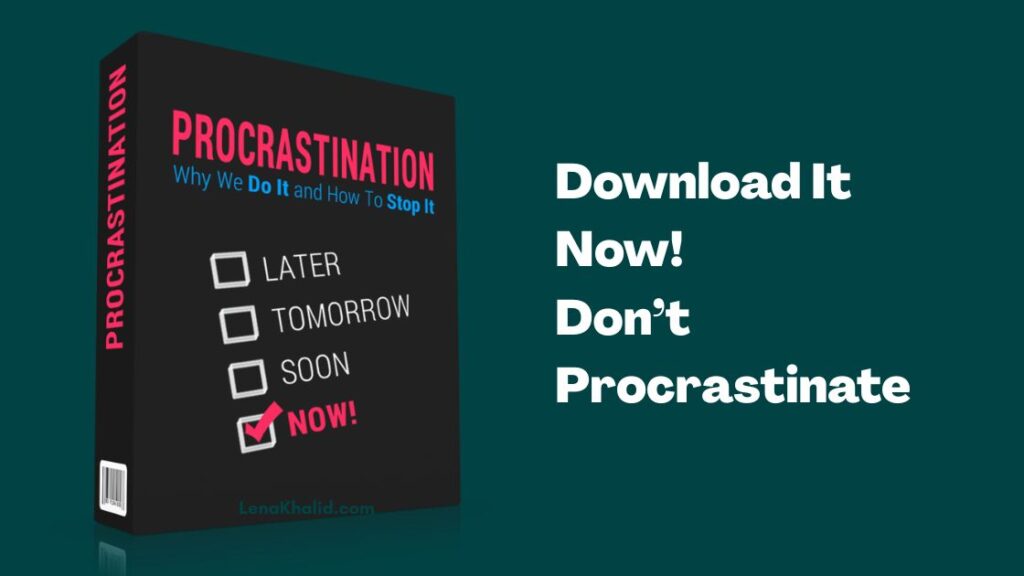
YouTube Channel Uses Crowd Funding To Produce Epic World War II Documentary

The upcoming Rhineland 45 will be the second crowdfunded documentary the team has produced.
RTH – Real Time History GmbH
There is a saying that history is taught by the winners, but German-based RTH – Real Time History GmbH has changed that perception with its military-centric YouTube Channel, which chronicles the history of the First World War. While other documentaries have covered many of the lesser known facets of the war, The Great War Channel took a most unique approach to produce videos that were timed to chronicle specific events 100 years after the fact.
RTH – Real Time History GmbH produced more than 230 episodes about the war, and has continued to release videos focused on the aftermath of the war with the most recent chronicling such lesser known topics as the Irish War of Independence and just last week one titled, “Dividing Up The Middle East – The Creation of Lebanon.” The latter has already been viewed more than 40,000 times, a small audience even for a genre-specific cable channel but a notable number for such a specific topic.
Canadian historian and broadcaster Jesse Alexander and German-born Florian Wittig, the project’s CEO and executive producer, haven’t focused just on the First World War. Last year the pair produced a crowdfunded documentary, “16 Days in Berlin – The Final Battle World War 2 in Europe,” and now RTH – Real Time History GmbH is using Kickstarter to fund “Battle of the Rhineland – Decision in the West” to create a documentary on what was one of the largest, yet also forgotten, battles of the Second World War.
The fundraising effort was highly successful, raising nearly $85,000 and far exceeding the roughly $30,000 goal to make the project a reality. As of the end of September it had more than 1,100 backers in the “all or nothing” Kickstarter project, which aims to bring out the documentary in 4K video. The project has already gained supporters from partners including The Tank Museum in Bovington, England.
Origins Of The Great War Channel
As with many military history-themed channels, The Great War channel started modestly, has grown considerably and now has an audience of nearly a million and a quarter subscribers. Trying to release episodes that would coincide with the 100th anniversary of the events was no easy feat.
“In hindsight it seems even crazier that we managed to pull this off,” explained Wittig.
It typically involved writing four to five weekly episodes at once, and for the production team to leapfrog during the editing process.
“Two post-production editors were working full-time on Great War videos while our resident historian Markus and I were working on the planning and inserts,” added Witting. “Holidays were always a special kind of bottleneck for us, but we were all proud that we never missed an upload date.”
The project has been notable in that during the centennial of the First World War there were no significant documentaries produced for TV and no major movies – with last year’s 1917 arriving in theaters after the anniversary of the events.
“Here in Germany World War I got a relatively big boost in popular remembrance – from barely remembered at all to at least a few books and newspaper articles,” said Wittig, who said it came as no surprise that there weren’t any big movies. “That’s the norm, World War I always lives in the shadow of other events.”
Chronicling any part of history had never been done before, which has made The Great War even more special.
“I wasn’t surprised that the weekly chronicling was a new concept because that could only really work on something like YouTube,” noted Wittig.
“Any TV exec would have a heart attack if you pitched him a concept like this even with a monthly release schedule,” he added. “What did surprise us was that there weren’t many detailed day-by-day chronicles of the war even in book form. It took us a while to realize that our own expectation of history as a chronicle was wrong. There is a popular myth that history is a lot about memorizing dates and series of events, but that’s just how it used to be framed in school curriculums.”
Crowdfunding Rhineland 45
The upcoming Rhineland 45 will be the second crowdfunded documentary the team has produced and follows its 16 Days in Berlin, which was released earlier this year to mark the 75th anniversary of the Battle of Berlin at the end of the Second World War.
From that the idea grew to produce limited series documentaries via crowdfunding coupled with the production experiences learned during the making of The Great War.
“We knew there was an appetite out there for detailed history documentaries that you won’t see on TV or even on the big streaming platforms,” said Wittig. “At the same time the YouTube from 2014 when The Great War started is a very different platform than it is in 2020. There are more content restrictions in place and they seem to get more restrictive as the recent announcement about automated age restrictions indicate.”
Despite those concerns the World War II themed stories about the end of the conflict have become personal passion projects.
“We had been reading up about the last months of World War 2 through family history: My great-grandfather died during or in the aftermath of the Battle of Lauban in March 1945, Jesses’s grandfather served with the Canadian Army from Normandy to the Rhine and into the Netherlands,” noted Wittig. “And curiously enough, the late war phase is underrepresented in both academic sources but also in popular media – apart from a few famous battles.”
The goals of Rhineland 45 is to give the campaign the attention it deserves, even if that means it may only a few thousand people initially.
“We don’t want to follow the rat-race dictated by the big platforms anymore to maximize our audience,” explained Wittig. “We want to reach the right people that will appreciate what we produce and the level of attention and detail we put in our work. Over time, we will reach more and more people and hopefully help the remembrance of the events in our documentaries.”
That fact that the project has exceeded its funding goals in less than 24 hours was good sign, but even if it hadn’t worked the team would have found a way to make it happen another way. But unlike The Great War this one will have a true start and finish.
“On the creative side, it’s quite refreshing to work with a limited project that has a clear beginning and end,” said Wittig. “You can spend more time on the tactical level than we can with The Great War and being able to easily travel to the battlefields is a great bonus. It’s like a good workout routine, The Great War trains a certain part of our body, Rhineland 45 trains another one.”
After this the team RTH – Real Time History GmbH – will consider the next challenge, which will likely include taking a break from World War II to do something completely different.
“(We will) explore another era to keep it fresh,” suggested Wittig. “We also have some ambitious ideas for future projects that will take more planning before we are ready to reveal them.”





